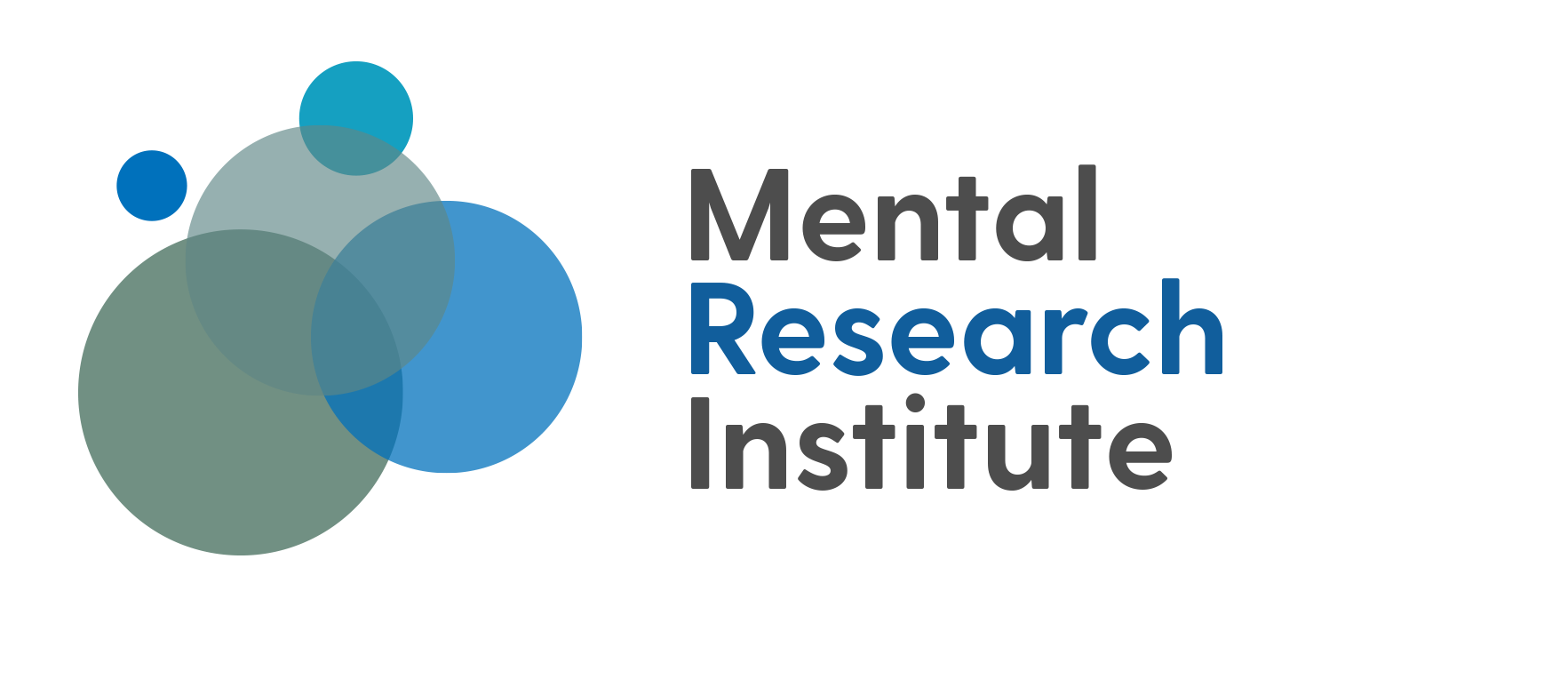Unpacking Eating Disorder Risk and Resilience During Menopause: A Biopsychosocial Perspective
Midlife may represent a window of vulnerability for eating disorders (ED) in women. There is great variability in women's experiences of the climacteric (the period of transition from a woman’s reproductive to her non-reproductive years). Yet, the impact of biopsychosocial factors associated with menopause on body dissatisfaction and eating pathology is not well understood. Core ED symptoms (eg, body dissatisfaction and pathological eating) are more common in middle-aged women than previously thought. Research consistently shows menopause is an important risk factor for ED. Therefore, understanding how biopsychosocial factors differentially predict risk and resilience for ED can promote more effective, age-sensitive, transdiagnostic prevention/intervention strategies, ultimately reducing ED incidence in women in menopause. Average weight gain during menopause is 12 pounds, and menopausal weight gain is not insignificant; it is the major health concern of women aged 55-65, and it elevates ED risks.
To further clarify this problem, Leslie Frazier, PhD, Associate Professor in the Department of Psychology at Florida International University, and her colleague Maria Bazo Perez, MS, a doctoral candidate in the same department, studied ED risk in menopause, funded by an MRI grant. Their study examined multilevel factors within an integrative analytic explanatory framework to identify biopsychosocial predictors of eating pathology across different stages of menopause in women. Model 1 explored the pathways from biopsychosocial factors to ED risk or resilience, whereas model 2 examined the pathways from these factors to specific pathological eating behaviors. They hypothesized that greater bothersomeness of menopause symptoms, negative perceptions of aging and menopause, body image concerns, and social strain would be risk factors for eating pathology, whereas lower levels of these factors would promote resilience and healthier eating behaviors.
They recruited 467 women aged 40 to 65 from throughout the United States and assessed their stage of menopause, perceptions of aging, menopause symptoms, how bothered they were by the symptoms, body dissatisfaction, and ED symptoms.
Dr. Frazier and Ms. Bazo Perez found that menopause symptoms and body dissatisfaction were associated with higher risk for EDs, reduced resilience, higher levels of dietary restraint, and binging and purging. In contrast, positive perceptions of aging, a resilience influence, were related to reduced maladaptive eating and increased healthy eating. Premenopause was associated with greater risk for disordered eating compared to perimenopause and postmenopause.
Theirs was the first quantitative study to examine the role of menopause symptoms and intuitive eating. Their findings suggest that mindful eating interventions might be one way to reduce menopause-related weight gain, enhance body acceptance, and reduce ED risk, particularly in women experiencing bothersome symptoms.
